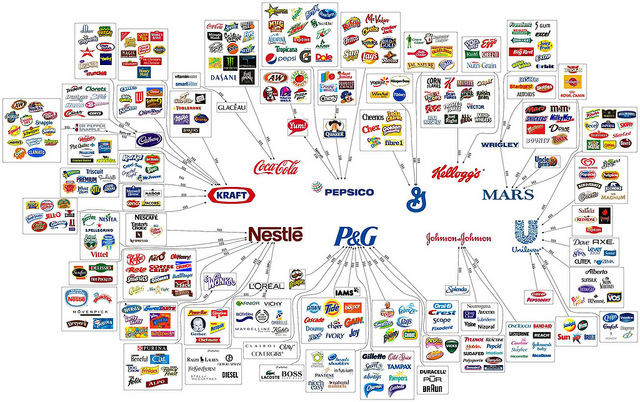Online marketing. Content marketing. Inbound marketing. Native advertising. Sponsored content. There’s a lot of buzzwords being tossed about these days when it come to making it easier for people to find your brand online. Most of these buzzwords front for practical and effective strategies any intelligent brand should employ. But let’s not forget about the granddaddy of “getting found” online: SEO.
The approach to SEO has changed quite a bit over the years. It’s no longer about “gaming” Google will silly parlor tricks because, well, Google is on to your tricks. So effective SEO is a lot more than keyword stuffing and other forms of trickery.
While rankings are still an important part of any effective SEO campaign, there is a lot more to it than that. Here are a few other areas you should be paying attention to:
Tip 1
Google provides free tools for website marketers to use to help understand how visitors are finding your site and interacting with it. You should sign up for Google Analytics and Google Webmaster Tools (Bing also offers a Webmaster Tools product that you should utilize as well). Google Analytics and webmaster tools will help you understand how your traffic is getting to you and what it is doing once it arrives.
These products can help you tailor content, products, and services for your target market. The insights given to you by Google help you create a great user experience which can lead to more and more people talking about your site, sharing your content, and linking to you (all of which help with your search engine rankings).
The Webmaster Tool products give you insight into how a search engine interacts with your site. The data from this piece will help you identify and fix key technical issues, which also helps your SEO.
You can learn more about each free product via these links:
http://www.google.com/analytics/
https://www.google.com/webmasters/tools/home
http://www.bing.com/toolbox/webmaster
Tip 2
Forget “link building” and start “relationships” with your market and key influencers in your market. Search on Google, Bing, Twitter, Facebook, Pinterest, and Google+ to find key influencers in your market and start building relationships with them.
Treat it like a typical networking scenario. Talk about how you can help each other and each other’s customers rather than emailing hundreds of strangers per day and asking them to link to your website. Much like the offline world, networking is one of the biggest keys to success in SEO today.
Good, honest, relevant recommendations of products, services, and information to your potential customers from influencers in your marketplace are better than any “link” you might acquire.
Tip 3
Make it easy for your customers to leave reviews on various business platforms like Google+ for Business (http://www.google.com/+/business/) and Bing Places for Business (https://www.bingplaces.com). As search engines continue to pull in data from multiple sources to present to searchers, you should do the same for major review sites across the web (like Yelp).
This will help you with getting the attention of searchers when you show up in a search result amongst your competition.
Tip 4
Avoid trying to game Google. Google has a tough job to do in policing its search engine. The quality and user experience of Google’s search engine is something they (rightly) take very seriously.
Taking shortcuts will only hurt you in the long term. Stick to doing high quality, ethical marketing practices online and you will be more likely to succeed in the long run than those who are constantly looking for shortcuts.
Tip 5
Fix your mobile experience. Google expects mobile searches to outnumber desktop searches by next year! It is super important to make sure your site functions correctly on mobile devices and does not rely on outdated technology like Flash.
The world is going mobile. In a short period of time desktop searches are going to become the minority. You will need to be sure that all parts of your website function correctly and elegantly on a mobile device to ensure a great user experience. Keeping up with delivering a great user experience across all online devices is perhaps one of the more important tips in this article. Having a “mobile friendly” site is not simply a nice thing to have at this point, it is a requirement.
Good SEO is a sum of many parts. Start incorporating these tips in your SEO campaign and you are likely to earn quality, sustainable traffic from search engines.
This article was written by Eric Covino, President & Founder of Creative Signals.
Photo credit: CC by brett jordan



